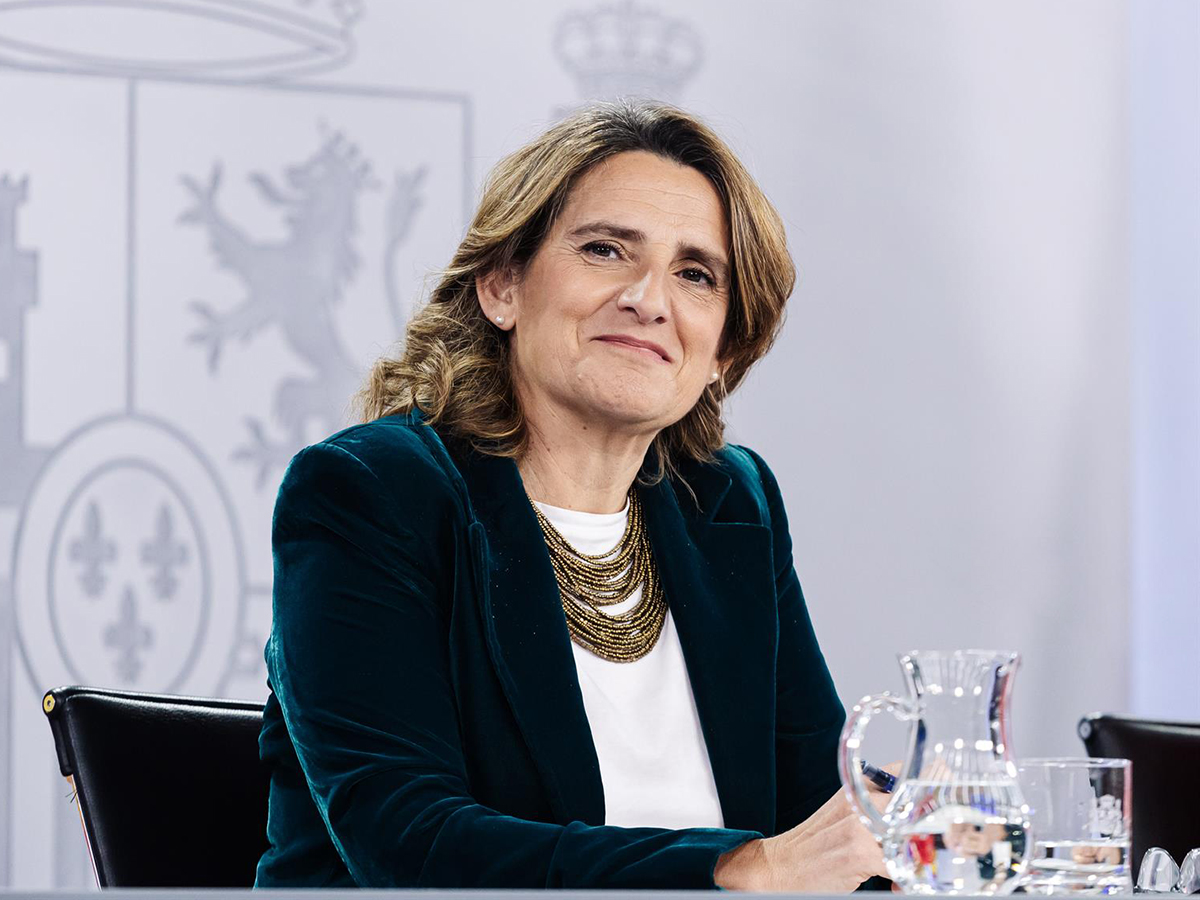The Council of Ministers, on a proposal from the Ministry for the Ecological Transition and the Demographic Challenge (MITECO) and the Ministry of Economy, Trade and Business (MINECO), have given the green light to start the legislative process for the recovery of the National Energy Commission (CNE)with the opening of the public hearing of the Bill of this new entity. The climate crisis and its process ecological transition require that you have a regulator and supervisor of the energy markets that adds the decarbonizing the Spanish economy to the traditional objectives and functions of guaranteeing free competition and the correct functioning of the market based on economic efficiency.
In the heat of the liberalization processes of the regulated sectors C.N.E took on the duties of energy regulator from 1995 to 2013, in which it has joined the National Markets and Competition Commission along with the other sector regulators. Now the fight against global warming is causing a profound transformation of energy markets, with new solutions such as hydrogen and other renewable gaseswith a new European regulatory framework, and with new challenges, such as the integration of new business models or the strengthening of consumer protection.
This new situation makes it essential to reinterpret the figure of the energy regulator Increase your specialization and expand your range. So, and in line with what is happening in many of the key countries around us, the recovery of a C.N.E independent in nature, with its own objectives, functions, structure and budget, it is essential to understand the division of the functions of the energy regulatorswho face the challenge of ensuring compliance with the path of decarbonization.
This integrating decarbonization to the objectives of the C.N.E This translates, for example, into the fact that when determining the reimbursement methodology for electrical networks, incentives are included for distributors who quickly process the connection files for new networks charging points for electric vehicles or new systems for self-consumptionas well as fines for those who temporarily enforce extended deadlines.
CNE: an entity with its own legal personality
The C.N.E It will be established as a public entity at state level, with its own legal personality and full public and private capacity, with external functions over specific economic sectors or activities, with organic and functional autonomy, and complete independence from the government, government services and the market. Likewise, it will be subject to parliamentary and judicial scrutiny.
The C.N.Ewill have supervisory and control functions of the electricity marketsliquid hydrocarbons, natural gas, and green hydrogen and other renewable gases. It will also perform the functions of inspection and sanction, as well as arbitration, information, attention and processing of claims of agents and consumers. In the same way, it regulates the tolls, levies, prices, fees and regulated fees of the sectors under its responsibility.
In the case of sSupervising acquisitions of business interests in the energy sectorthe C.N.E is responsible for examining the file and making a proposal to the MITECOwhile the latter will solve the problem and impose such conditions as it deems appropriate.
The entity will act as an advisory body in matters within its field of activity; will participate in the process of developing standards that affect its powers and capabilities through a mandatory and non-binding report participate in standard setting procedures with the rank of legislation and regulations, relating to markets and productive sectors when they directly and mainly affect the exercise of their functions.
CNE: board of directors and general management
The CNE will be added to MITECO and will exercise its functions through two main characters, the Council and the President, which will also be from the Council. In addition to the General Secretariat and the Council Secretariat, three instruction directorates will depend on them: that of Electricity, that of Hydrocarbons and New Fuels, and that of Inspection, of a new nature, to strengthen their supervisory activities.
The Council will be the collegial decision-making body – appoints the Vice-President, approves the preliminary draft internal budgets, the annual report and action plans, the internal operating regulations… – and will composed of seven members: the president, the vice president and five council members, who serve a six-year term of office without the possibility of re-election.
The government will approve this Royal Decree on the organic statute of the CNE, which will define the functions and internal structure of the Council Secretariat, directorates and other areas of responsibility. According to the deadlines set in the preliminary project, the new entity must be established and fully operational within four months since the adoption of the Creation Act.
Fund for settlements in the electricity and gas sectors
In addition, the bill also provides for the establishment of the Fund for the Economic-Financial Management of Settlements in the Electricity Sector and the Gas Sector (FGLSEG)to manage the revenues and payments corresponding to the settlement of tolls, levies, fees, prices and regulated fees of the electricity and gas sectors, as well as the transfers provided for by the general state budgets for these sectors.

